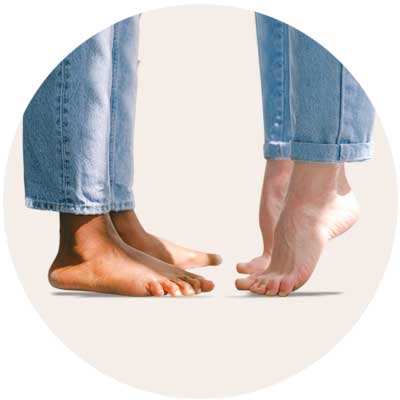

What are cold sores?
Cold sores (herpes labialis, or oral herpes), are a recurrent skin infection caused by the herpes simplex virus (HSV). This virus is usually found in the ganglia nerve and, in stressful circumstances, the virus can be activated and will spread to the lips, leading to the destruction of many epidermis cells. Given its other names, cold sores unsurprisingly appear most commonly on the lips. However, the virus can also appear on the nose, cheeks and fingers. In women, it can often appear on the lower back and buttocks.
What are the symptoms of cold sores?
First, a tingling, itching and burning sensation may be felt on or around the lips. This stage is followed by redness and swelling. Finally, clustered, fluid-filled sores appear. Cold sores usually heal in seven to ten days, but can reactivate at any point after certain triggers such as fatigue and stress, the menstrual cycle, or sun exposure.
What to do about cold sores
To alleviate the skin symptoms associated with the presence of cold sores, we recommend the use of Astringent Gel with Aluminium Chloride, which does not act directly on the virus but on the itching and swelling, in practice reducing swelling by drying out the vesicle and decreasing the discomfort of itching.
- Apply Astringent Gel several times a day until the blisters are dry.
- Then apply PEG Balm, even two or three times a day, to promote normalisation of the skin.
Avoid using natural remedies such as vinegar compresses, chamomile tea, baking soda, lemon juice or ice. Although these remedies may help scabs detach quickly, they irritate the cells of the skin, meaning that such remedies can actually prolong inflammation and delay long-term healing.












